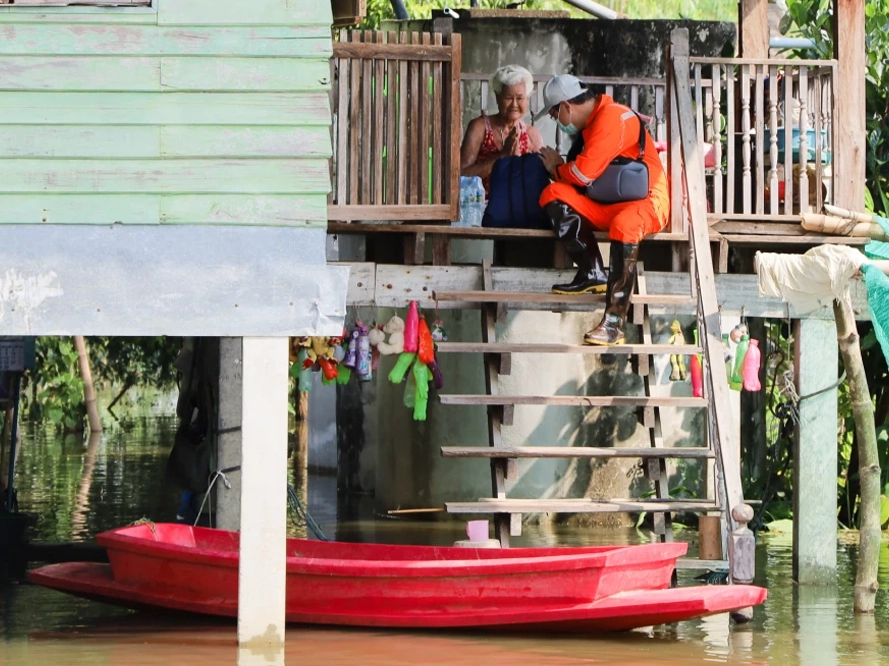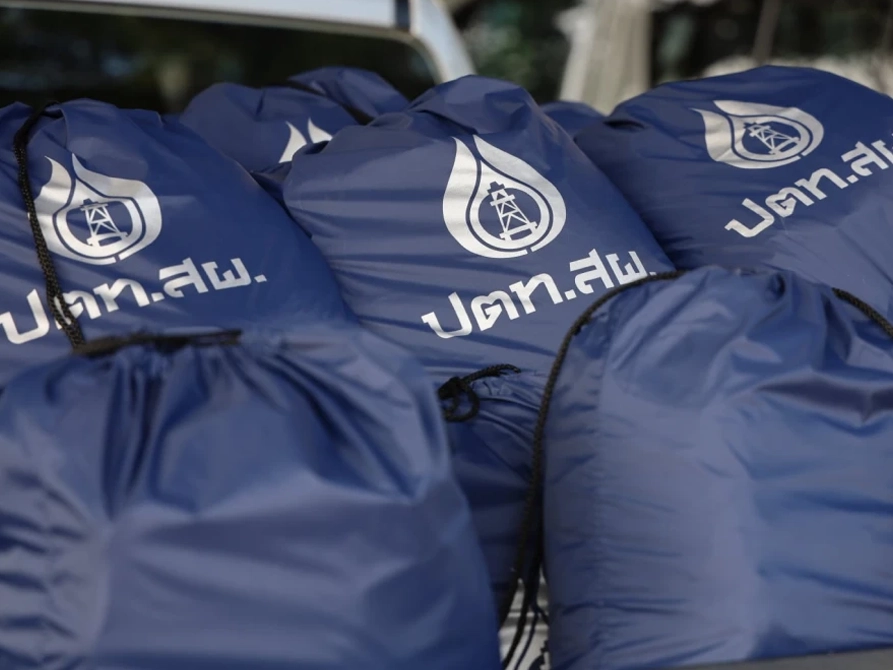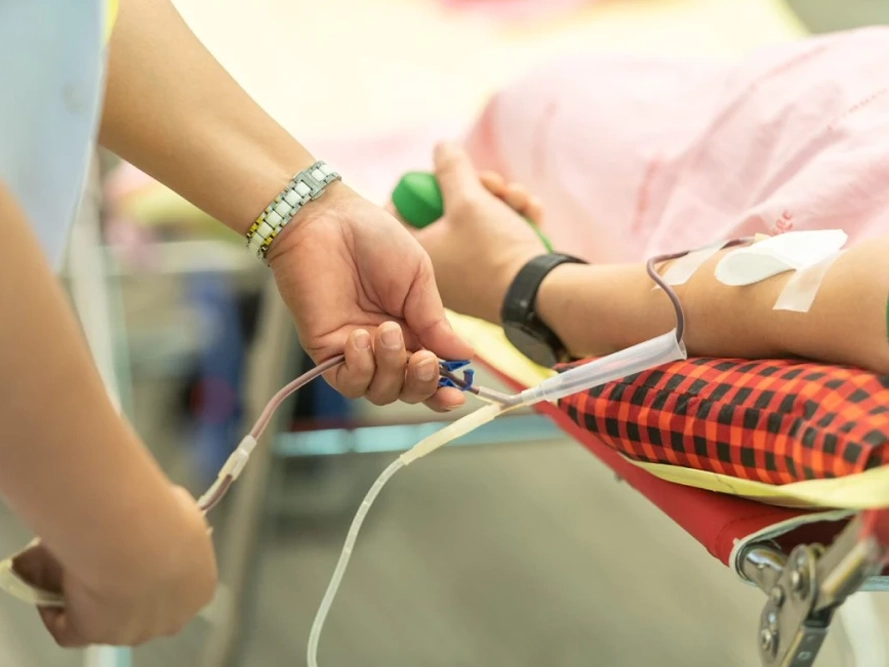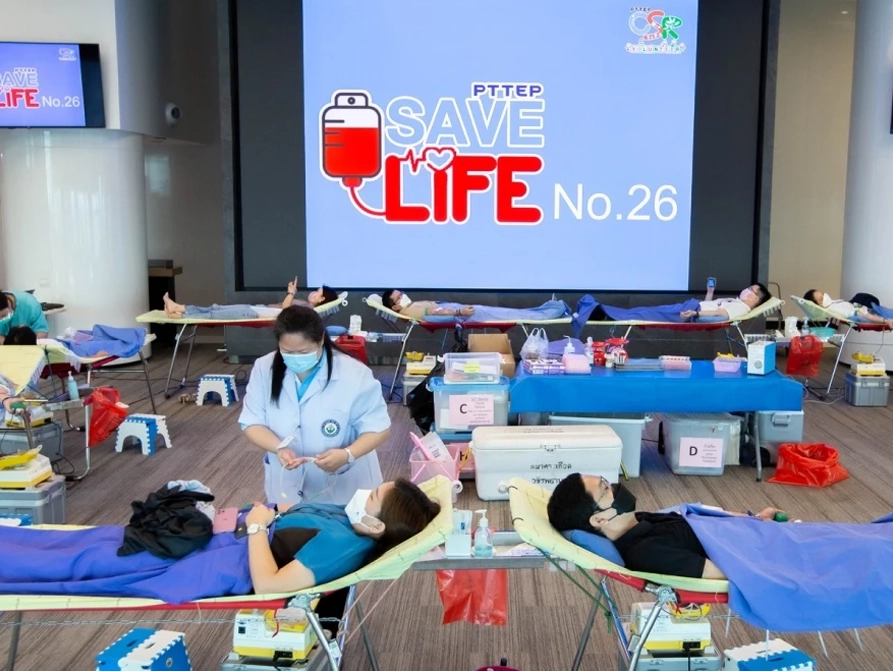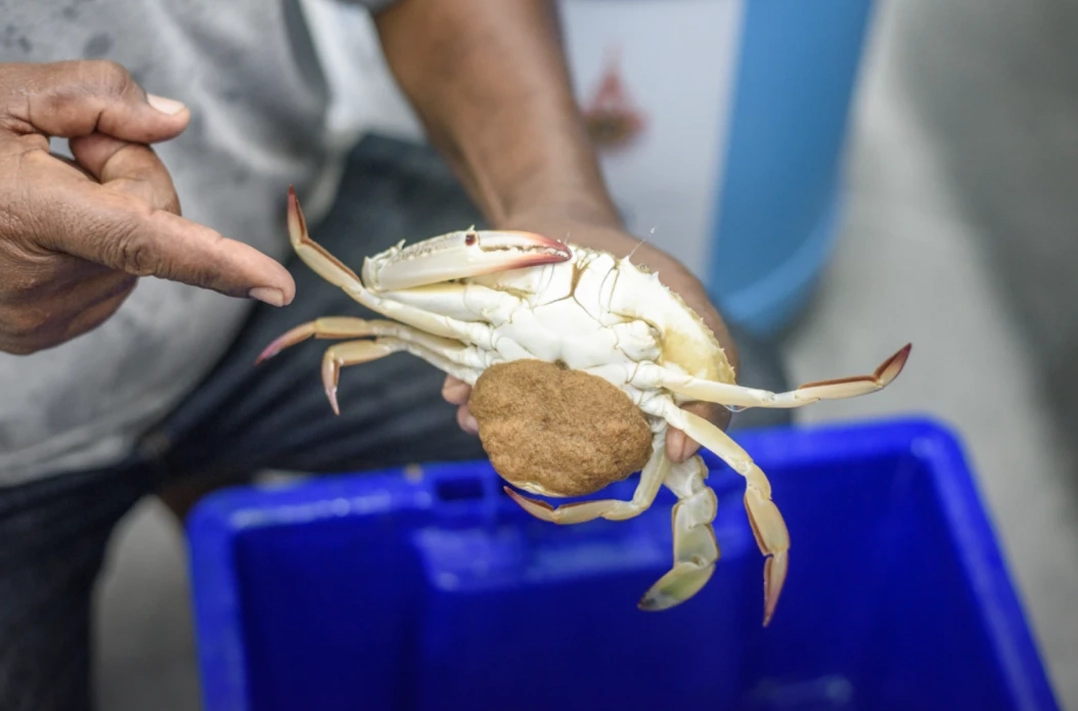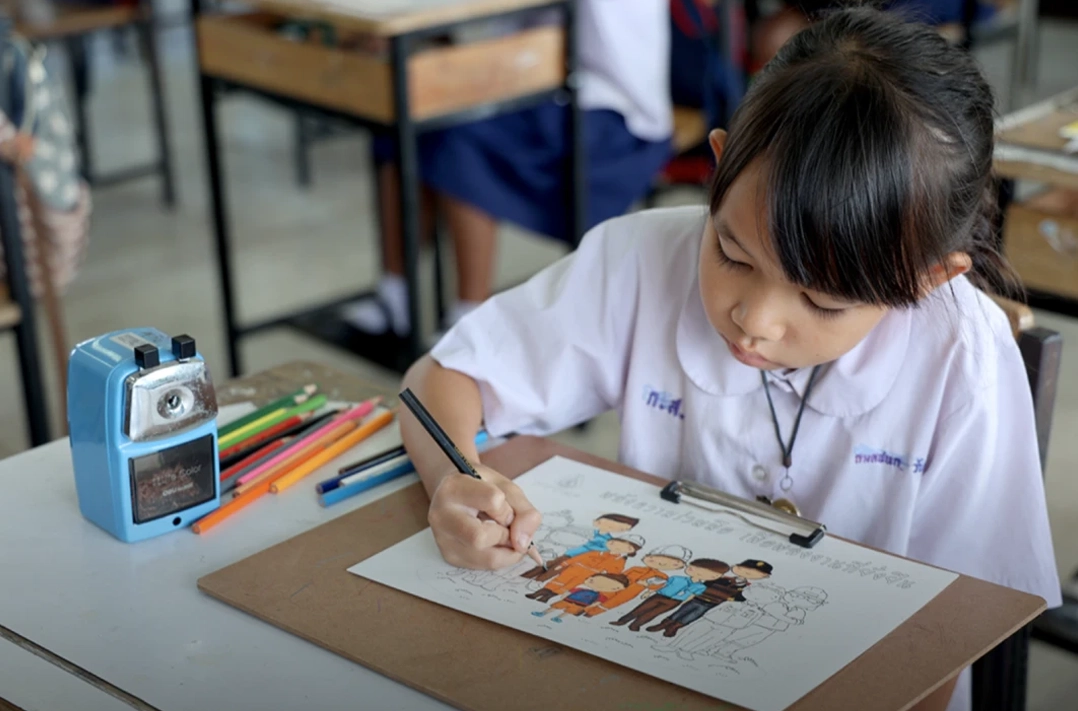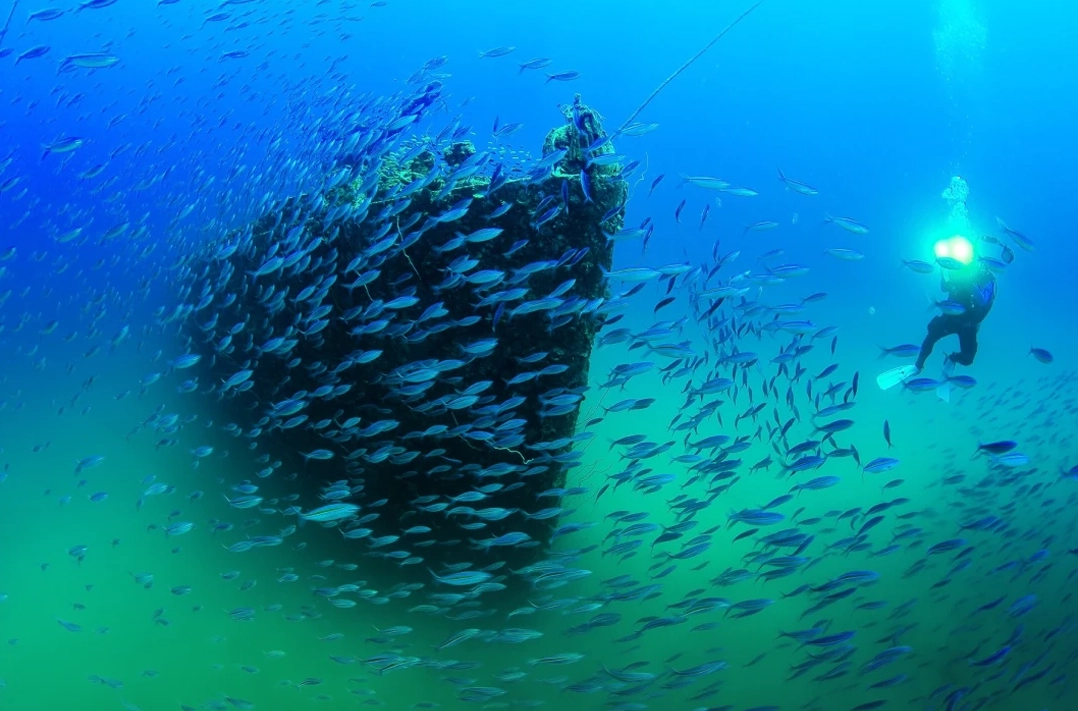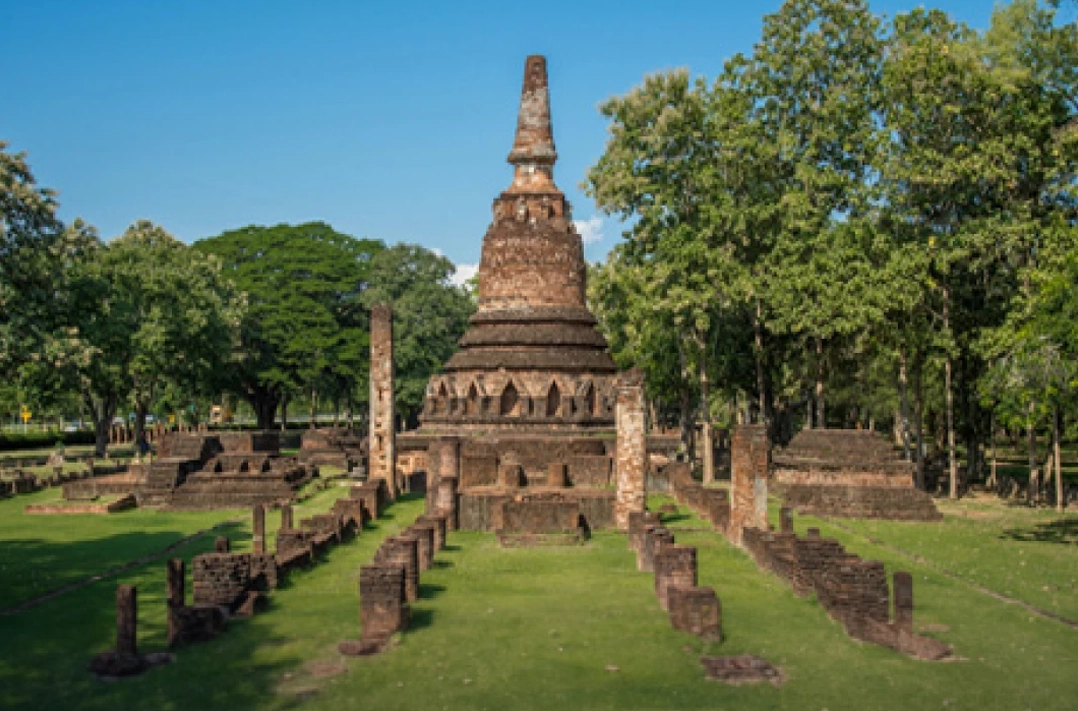

Social Development
Importance and Mission
PTTEP values social development as well as the conservation of natural resources and the environment. All stakeholders are regularly engaged and informed to ensure continuous and sustainable development. We committed to operating with a balance of 3 key dimensions – environment, society and governance, aligning with the United Nations Sustainable Development Goals (UN SDGs).
PTTEP formulates a group wide social development strategy which is implemented at all operating sites globally for conformity. A long-term social development strategy is in place to build trust and gain acceptance from community and other stakeholders covered by the community relations management and Corporate Social Responsibility (CSR) policies. PTTEP strives to gain trust and acceptance and supports undertakings that will bring benefits to the Company and society as a whole.
Goals
PTTEP is committed to improving the quality of life for people in society and communities while conserving and rehabilitating natural resources. This commitment is realized through strategic partnerships with government agencies, the private sector, and local communities. These collaborations foster long-term sustainability through a wide range of social development initiatives. To further elevate stakeholder engagement, PTTEP aims to transition from the current Support level to the Advocacy level by 2030.
Furthermore, to ensure the effectiveness of CSR projects and genuinely benefit stakeholders, PTTEP conducts a Social Return on Investment (SROI) analysis for our projects. The goal is to achieve a social return of more than 2 times of project implementation cost. For projects that fall short of this target, the Company develops improvement plans to enhance their SROI continuously.
Management Approach
PTTEP highlights strategy under Stakeholder Value Creation for social development projects. The undertakings also emphasize basic needs and the transformation of potential CSR projects to Creating Shared Value (CSV). Meanwhile, Social Enterprise projects have been implemented continuously. Our projects were carried out under four main themes – basic needs , education , environment and culture
To reflect our responsibility for society and community, PTTEP has established a corporate social responsibility policy and framework for the implementation by PTTEP and subsidiaries to ensure all projects will truly benefit society and community. PTTEP established various policies and guidelines, such as the corporate social responsibility policy, community relations management policy, and philanthropy guideline, which govern activities at all operating sites. Moreover, the Company gives proper regard to local community's health, safety, security, and the environment and support fundamental human rights. Our policy is to put more resources into social development projects than on donations. PTTEP's strategic social development projects are categorized as follows:
Corporate Social Responsibility Project
Our CSR projects are strategically planned and implemented on two levels: the macro and the micro levels, to address broader societal needs as well as specific needs of the communities surrounding our operational areas.
Macro Level
PTTEP has set a 10-year social development project under the "Ocean for Life" strategy and roadmap (2020 – 2030) with the aim to increase biodiversity and restore resources in the Thai seas, while creating jobs and improving community income. The projects, in line with "UN SDG 14: Conserve and sustainably use the oceans, seas and marine resources for sustainable development", cover communities in 17 provinces around the Gulf of Thailand. The projects are carried out under 3P framework as follows:
Protect
Preserve
Provide
Social development under the "Ocean for Life" strategy and 3P framework that reflects PTTEP's commitment to preserving marine resources and improving the quality of life of communities dependent on marine resources is implemented through the following six key projects: Ocean Waste Management Project , Mangrove Reforestation Project , Aquatic Animal Hatchery Learning Center Project , Sea Turtle Conservation Project , Coastal Conservation Area and Fish Home Project and Sea Product Development Project.
The company further expands the success of these projects under the "Ocean for Life" strategy , encompassing mangrove reforestation, environmental and ocean waste management, ecosystem preservation, and marine resource enhancements. In addition, the project supported the local fishing community with capability building in terms of products and marketing for local fishermen in operating sites to strengthen the local economy.
Micro Level
PTTEP has implemented its CSR projects in the operation areas to uplift the quality of life for communities and to create job opportunities and more employment possibilities. Underlining the necessity that each project and activity must improve the local community's quality of life and genuinely address the locals' needs in order to gain support from the local community. Aligning and supporting the Company's business driver "Zero Disruption to Operations", the objectives are to gain stakeholders' trust and support for PTTEP's operations and to achieve the "Support and Advocacy” level, as appropriate for each stakeholder group, and to maintain business continuity without conflicts or protests from communities.
Creating Shared Value
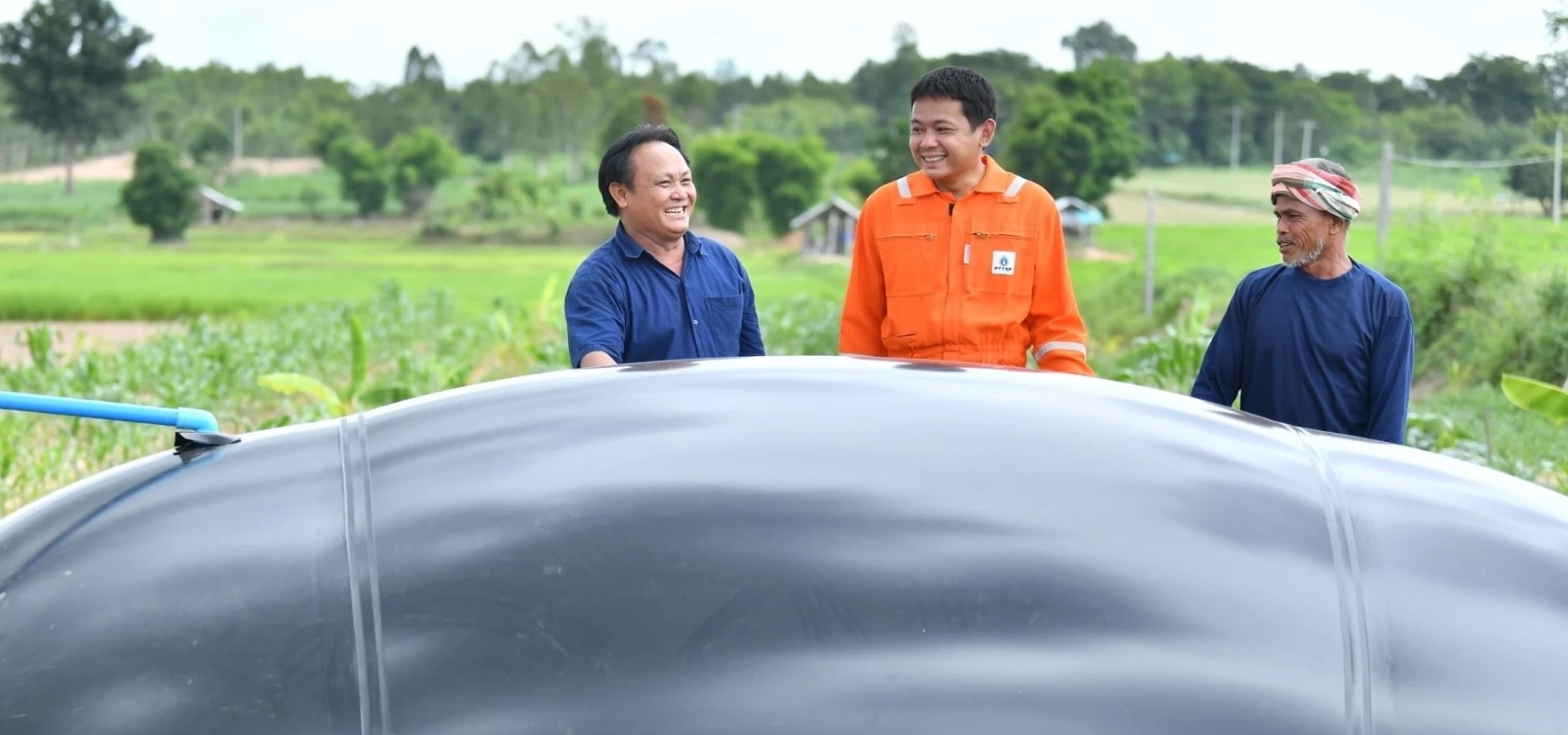
Creating Shared Value is a strategic management approach to achieve competitive advantages and simultaneously to build the capabilities of community where we operate, by addressing local needs and challenges with a business model. PTTEP deploys strategic assistance, to create shared values for both the Company and society. Existing corporate social responsibility projects that can create shared value are selected. Integrated with PTTEP’s expertise and business network, these projects support target community or stakeholders. Under the Technical Capability Building and Development Project in Myanmar, technicians have been developed for the benefits of local industries. Under the Flare Gas Utilization for Local Agricultural Product Processing Project , PTTEP worked in collaboration with the Department of Mineral Fuels, Ministry of Energy and the Nong Toom Community in Kong Krailat District, Sukhothai Province located in S1 project. Excess gas from the Nong Toom Production Substation which was burnt according to the standard excess gas handling process is used as fuel for agricultural product processing.
Social Enterprise
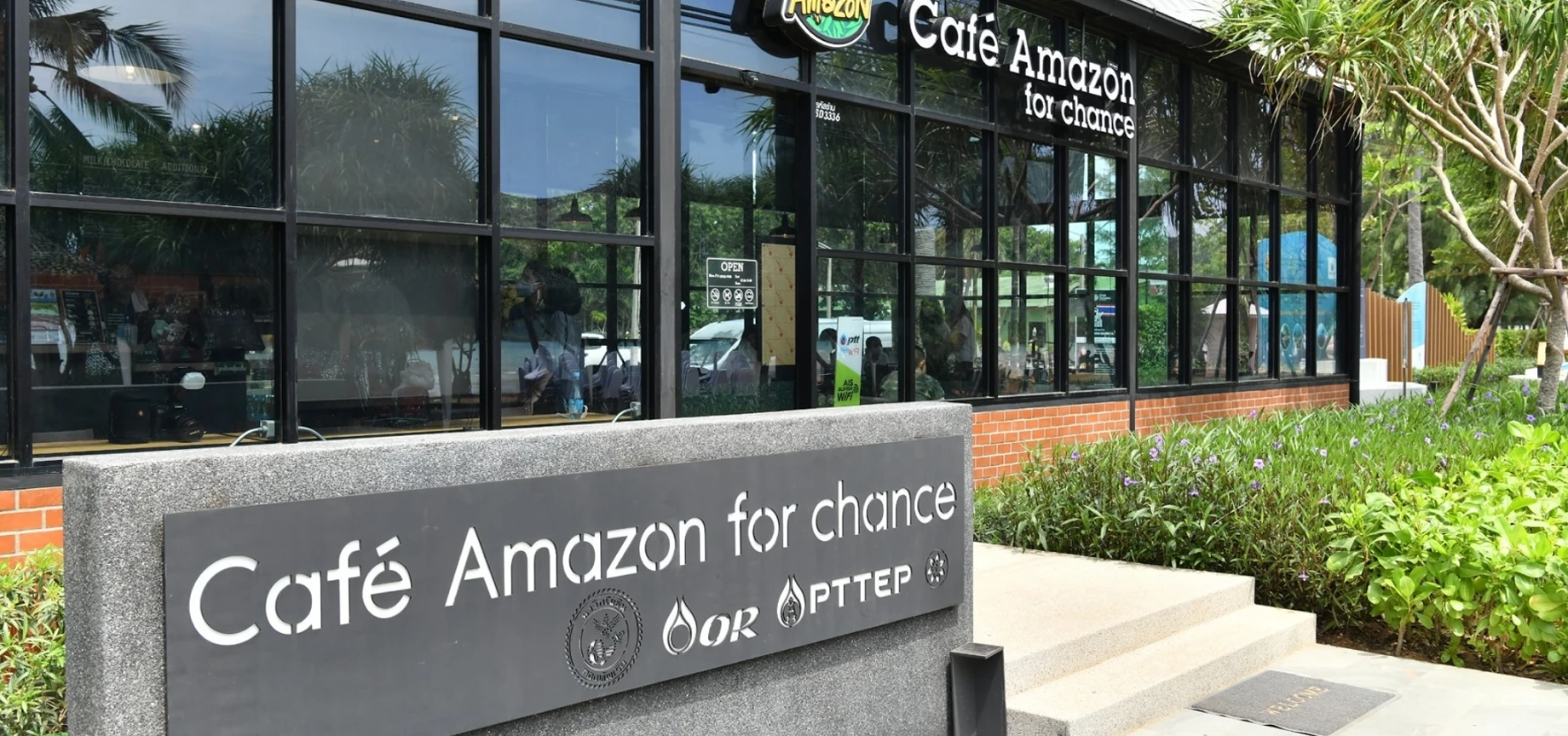
A social enterprise is an organization that applies business best practices in tackling social and environmental issues. A social enterprise earns mainly from products and services and does not depend on donations. Profits are reinvested to grow its business. PTTEP together with the PTT Group has set up Sarn Palung Social Enterprise Company Limited (SPSE) with an aim to promote social enterprises. Under the Social Enterprise - Café Amazon for Chance Project, the venture is designed to lead social enterprises in tackling, solving and developing community and the environment in a continuous and sustainable way. That will hence improve the quality of life in the long run. Another social enterprise program namely Sobis Pammase Social Enterprise Project has also been implemented in Indonesia.
Philanthropy and Contributions
PTTEP has carried out social development activities in several patterns, from philanthropic donations to long-term activities. Since 2020 when the COVID-19 pandemic caused a health crisis in Thailand and across the globe, PTTEP has adjusted its operations and social development activities accordingly to the government public health policies of all countries we have the operations. We applied the exploration knowledge and technology in creating innovations that helped protect medical personnel and prevent the proliferation of the virus. Our supports went to hospitals, educational institutes as well as public and private organizations in Thailand and abroad.
After public health measures against COVID-19 were eased, PTTEP resumed its social, environmental and donation plans as follows.
On contributions to the environment, beach clean-ups and ocean waste management; donation of medical lasers for sea turtle treatment; support to the World Sea Day and the International Coastal Cleanup Day.
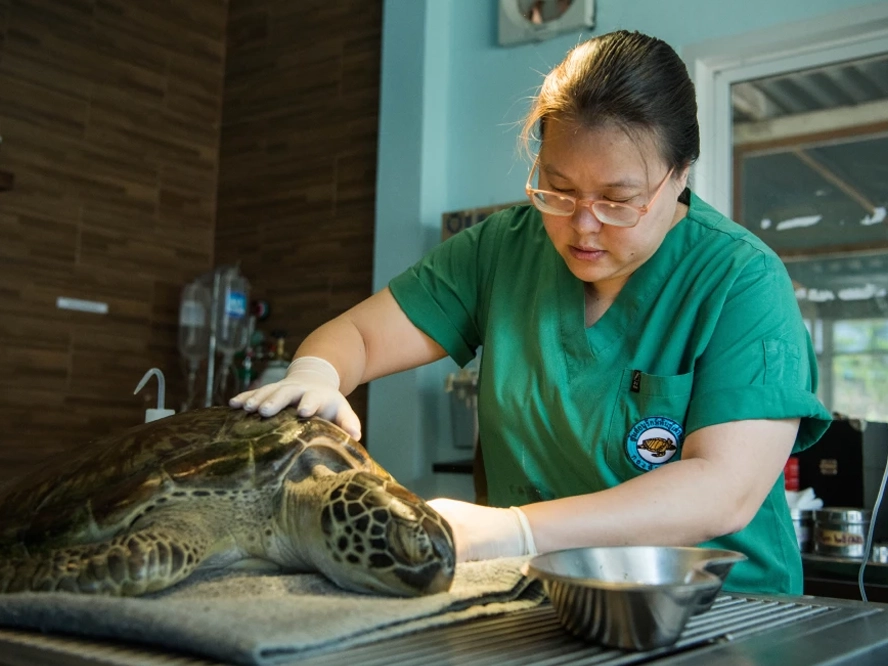
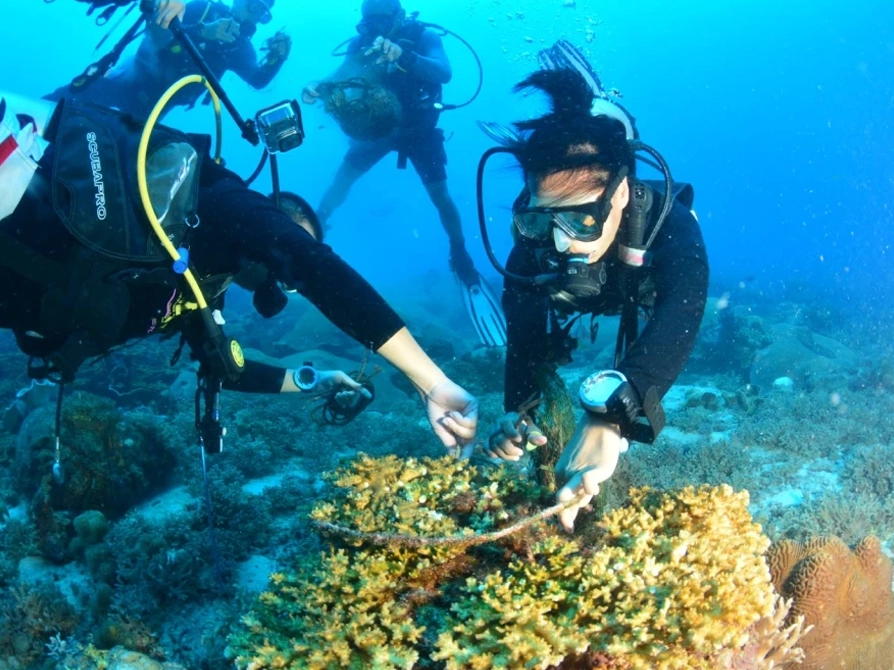
On career promotion and income generation, PTTEP organized career promotion and skill training and supported small and medium enterprises (SMEs), to help restore community economy.
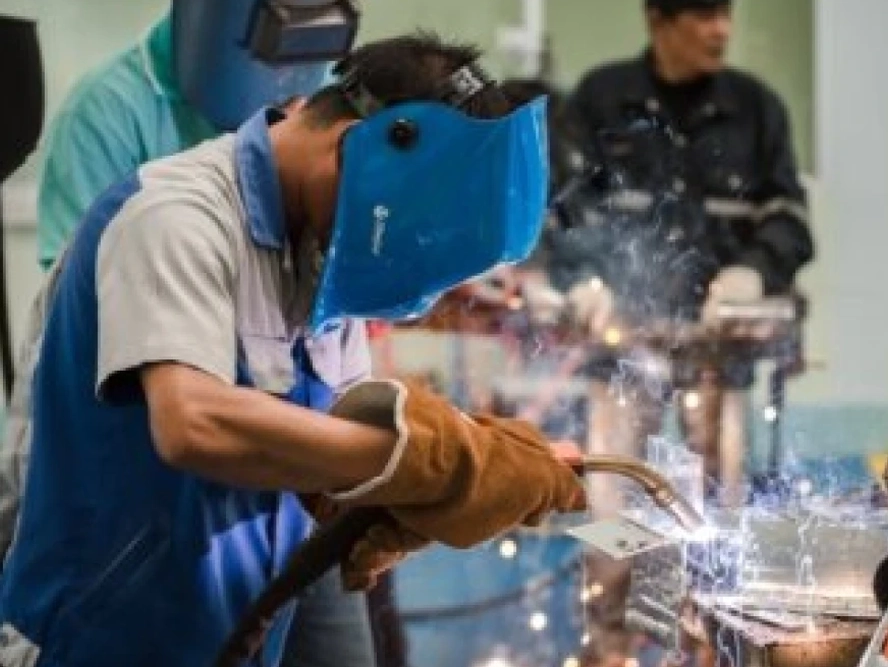
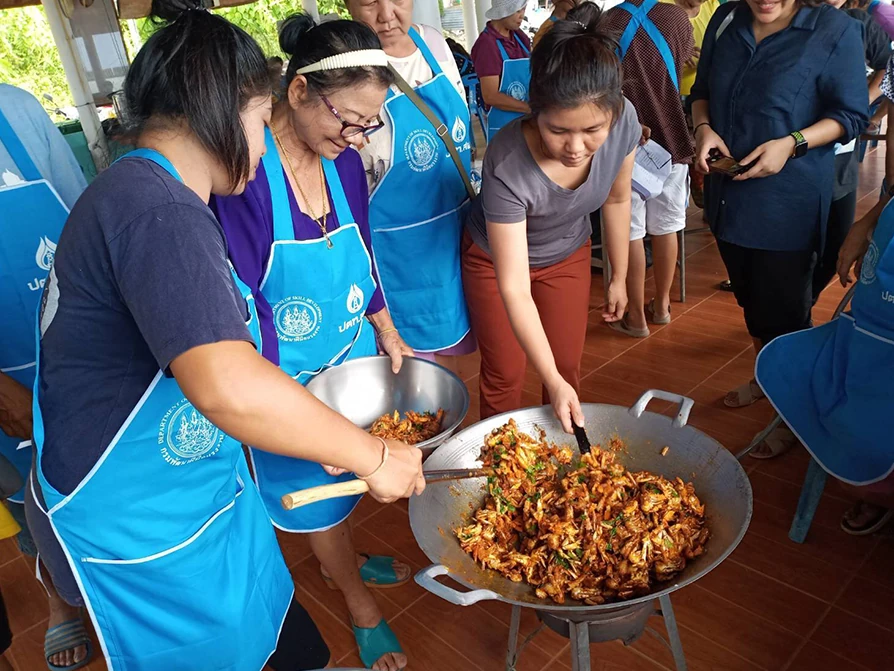
On contributions to quality of life, the Company funded the construction of an in-patient building for Singha Nakhon Hospital in Songkhla, Lan Krabue Hospital in Kamphaeng Phet Province, and the 88-Year Building Thammasat University Hospital to improve hospital’s capabilities and the efficiency of healthcare service to serve more patients; provided healthcare vehicles to hospitals in operating areas; organized health check-ups for communities; distributed disaster relief supplies to victims; and organized blood donations for personnel and partners at Headquarters and operating sites.
